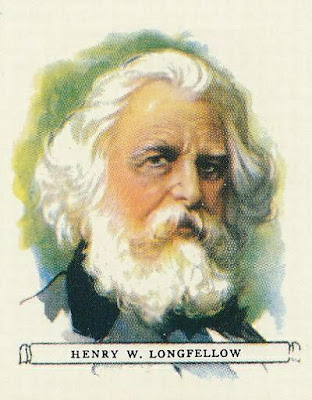I HAVE already, on a previous occasion, spoken at some length on the subject of Work and Vocation. What I urged then was a thorough-going revolution in our whole attitude to work. I asked that it should be looked upon—not as a necessary drudgery to be undergone for the purpose of making money, but as a way of life in which the nature of man should find its proper exercise and delight and so fulfill itself to the glory of God. That it should, in fact, be thought of as a creative activity undertaken for the love of the work itself; and that man, made in God's image, should make things, as God makes them, for the sake of doing well a thing that is well worth doing. ....
It is the business of the Church to recognize that the secular vocation, as such, is sacred. Christian people, and particularly perhaps the Christian clergy, must get it firmly into their heads that when a man or woman is called to a particular job of secular work, that is as true a vocation as though he or she were called to specifically religious work. .... It is not right for her to acquiesce in the notion that a man's life is divided into the time he spends on his work and the time he spends in serving God. He must be able to serve God in his work, and the work itself must be accepted and respected as the medium of divine creation. ....
Where we have become confused is in mixing up the ends to which our work is put with the way in which the work is done. The end of the work will be decided by our religious outlook: as we are so we make. It is the business of religion to make us Christian people, and then our work will naturally be turned to Christian ends, because our work is the expression of ourselves. But the way in which the work is done is governed by no sanction except the good of the work itself; and religion has no direct connexion with that, except to insist that the workman should be free to do his work well according to its own integrity. ....
Dorothy L. Sayers, Creed or Chaos?" Harcourt, Brace and Company, 1949, pp. 46-62.











